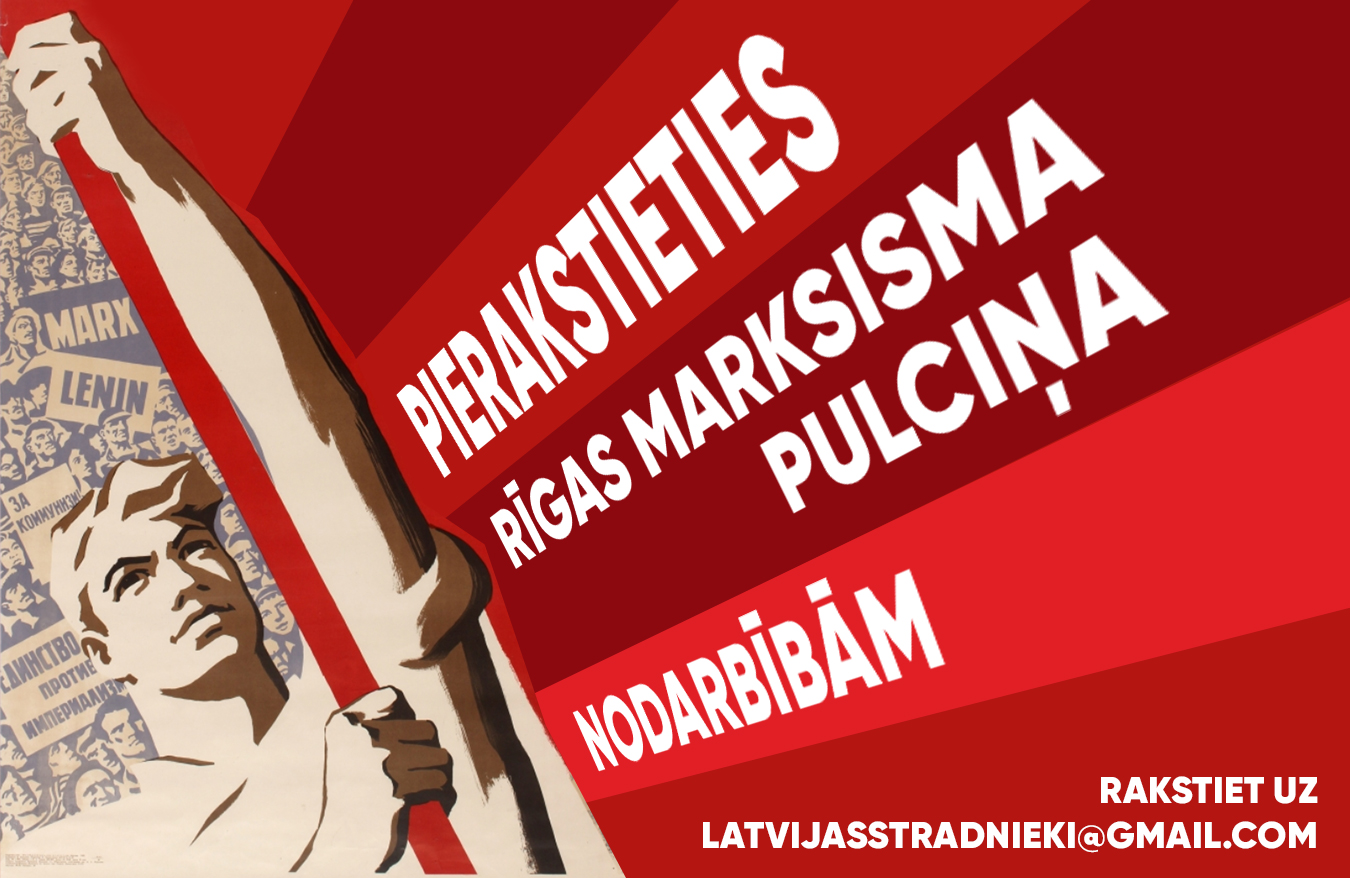For mor than 26 years we have been living in a “democratic European” state.
In the early 1990s Latvia announced the restoration of its independence de jure and de facto. A new political elite began to form, a class of employers was born. Moreover, the majority of it were former directors of enterprises, ministry officials, heads of collective and state farms and many higher and middle level activists of the leading party, Komsomol and trade unions.
Based on the example of changes in the Labour Law regulating the legal relationship between employees and employers, I suggest that readers make their own conclusions – has it become better or not for hired workers during this time.

As of 1991, the employment relationship in Latvia was determined by the Code of Labor Laws of the Latvian Soviet Socialist Republic. Its norms have since been repeatedly changed by the authorities.
It is impossible in a small article to bring all the changes that have been included or excluded from this Law. But I will try to bring the most significant of them.
The current Labor Law became more loyal to the employers and increasingly worsened the conditions for the employees. Trade unions lost the legislative base, which enabled them to influence working conditions and environmental protection (certification of workplaces, timekeeping of working hours).
The newly introduced employer class, allegedly for the purpose of competitiveness and optimization of production processes, first reduced the additional payments to severed employees due to the reduction in staff (severance pay) from 3 average salaries to 1 average salary.
The probationary period has increased on admission to work from 1 month to 3 months! During this period, the employee's salary is low, and he himself can be dismissed at any time without explaining the reasons. Today employers insist on increasing this period to 6 months!
Article 38 of Latvian Labor Law has been deleted – Termination of the employment contract at the request of the bodies of professional organizations of workers.
Previously, the Law provided for only a five-day working week, a six-day working week and shift work. Now there is also a summation of working hours. Because of this article, employers can frankly manipulate working time and not pay overtime!
In order to fire an employee who is a member of a trade union, the union's consent is still required. But the time limit for giving consent or disagreement on the dismissal of an employee who is a member of a trade union has been reduced from 1 month to 5 working days. Employers today are struggling to exclude the article about termination of an employment contract with a trade union member altogether! Until now employers have achieved only the following: it is planned to change this article, it will only apply to those workers who have been in a trade union for more than 6 months.
At the same time, employers' demands for professional knowledge and skills are at the European level. Yes, trade unions in Latvia are not everywhere now. And wherever there is one, they make up no more than 10 – 15% of workers' collectives.
Today only the Union of Free Trade Unions of Latvia officially represents employees in negotiations with representatives of the state and employers. And if you are not there, your opinion or desire is not taken into account.
If you want to be heard, become a member of a trade union. And in order to be legally protected, you need to unite in political party of working class.
Think. Decide.
Source: Newspaper «Worker’s Tribune»
